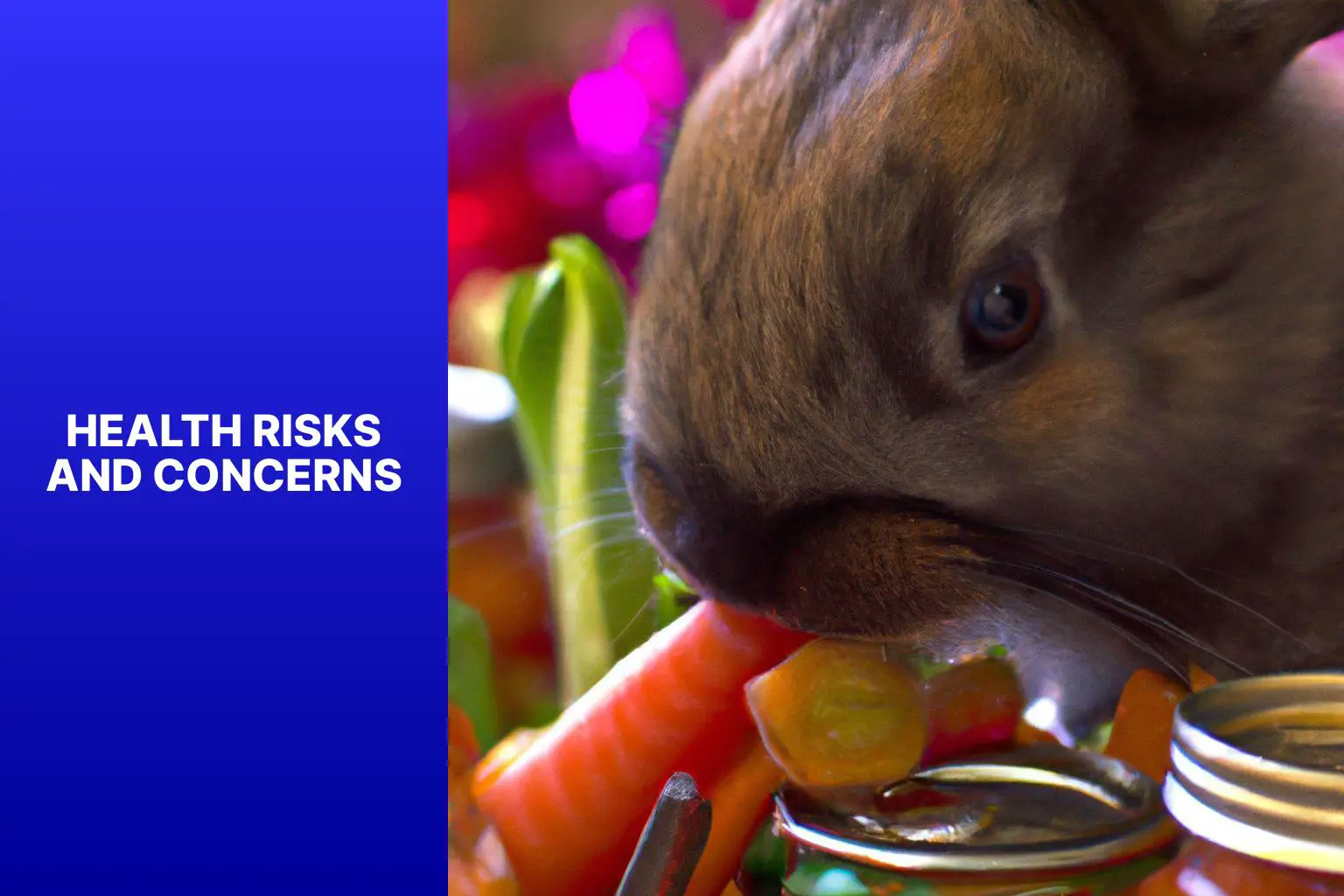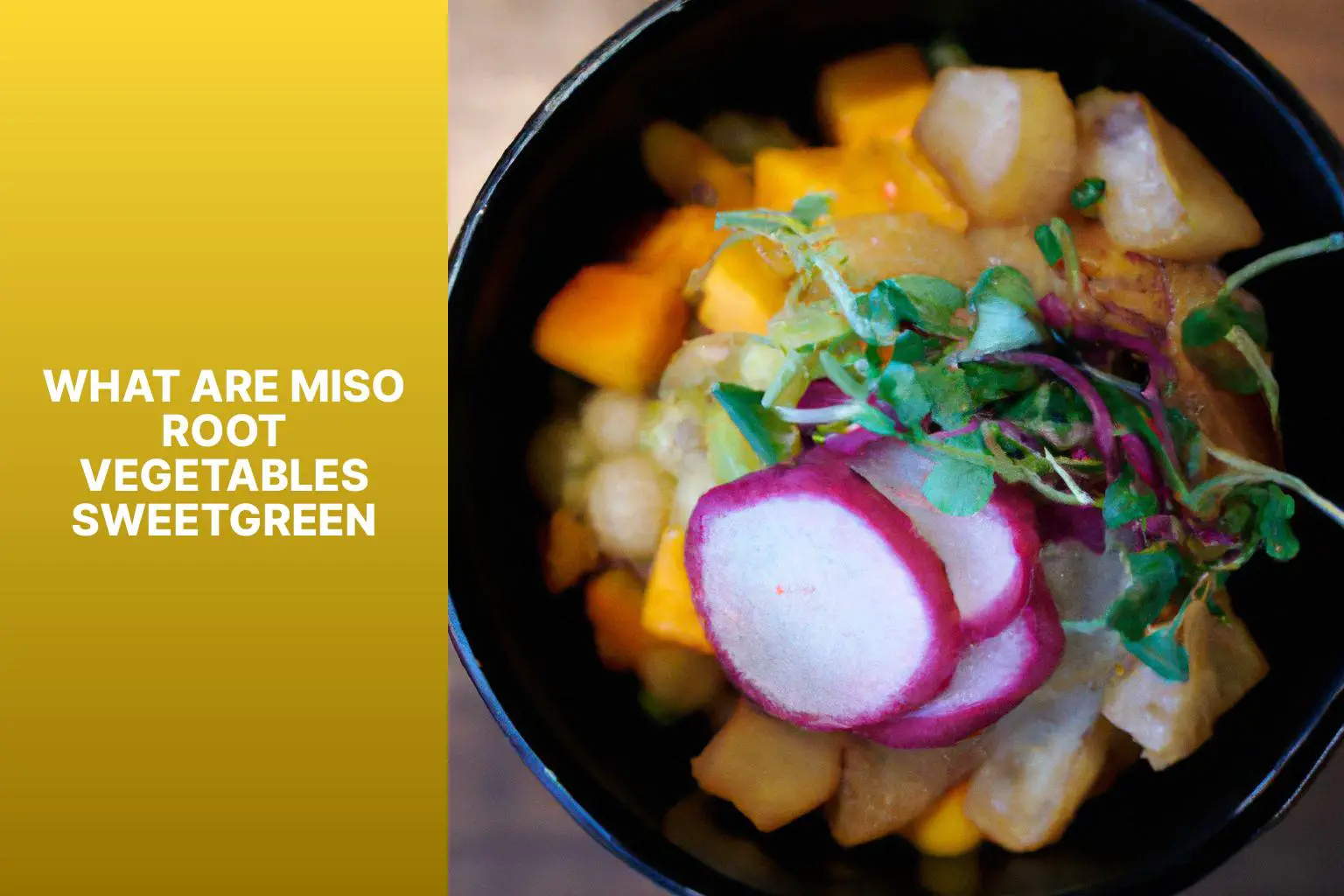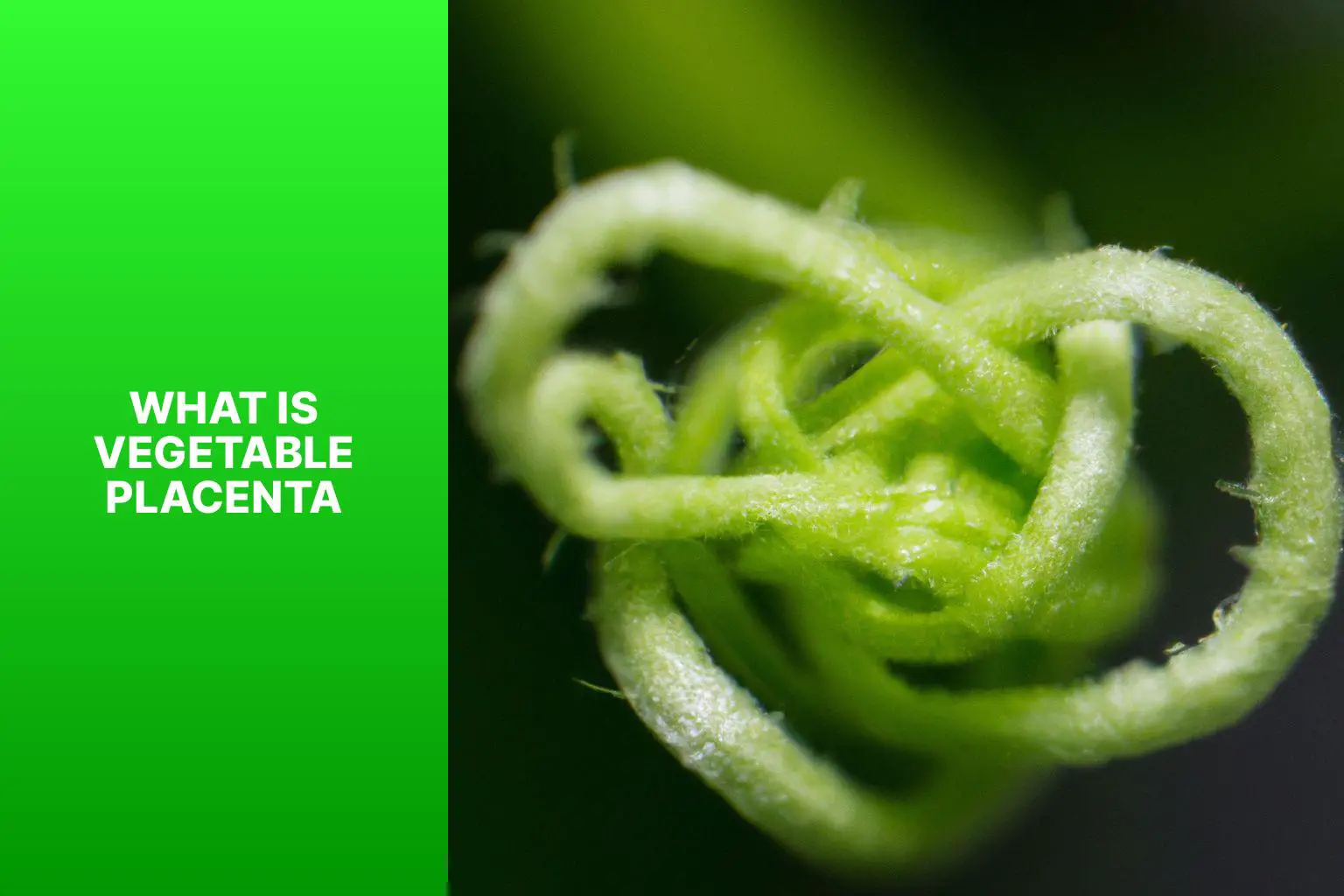Rabbits are herbivorous animals and have specific dietary needs to ensure their health and well-being. While fresh vegetables and hay form a major part of their diet, the question arises whether rabbits can eat canned vegetables. In this article, we will explore the suitability of canned vegetables for rabbits and discuss the potential health risks and concerns associated with feeding them such foods. It is essential to understand the nutritional needs of rabbits and provide them with a balanced diet that meets their dietary requirements. Let’s delve into the topic further to learn more about the compatibility of rabbits and canned vegetables.
Key takeaways:
- High sodium content: Canned vegetables may contain high levels of sodium, which can be harmful to rabbits if consumed in excess.
- Preservatives and additives: Canned vegetables often contain preservatives and additives that can be detrimental to a rabbit’s health.
- Decreased nutritional value: Canned vegetables may have a lower nutritional value compared to fresh vegetables, which are more beneficial for a rabbit’s diet.
Can Rabbits Eat Canned Vegetables?
Rabbits can eat canned vegetables, but it should only be done in moderation.
It’s important to remember that fresh vegetables are the best choice for rabbits.
This is because canned vegetables often contain added salt or preservatives, which can be harmful to their health.
It’s necessary to ensure that canned vegetables are not a regular part of a rabbit’s diet, as they need a high-fiber diet for their well-being.
Before giving canned vegetables to rabbits, it’s advisable to consult with a veterinarian.
Additionally, it’s essential to carefully check the ingredient list of canned vegetables to make sure there are no harmful additives or seasonings.
To keep rabbits healthy, their main diet should consist of fresh, leafy greens and vegetables.
What Are Canned Vegetables?
Canned vegetables are vegetables cooked and sealed in cans with liquid or brine for preservation. So, what are canned vegetables? They are a convenient option that extends shelf life and maintains flavor and nutritional value. Different types of canned vegetables are available, including green beans, corn, peas, carrots, and tomatoes. One important thing to note is that canned vegetables may not be suitable for rabbits due to their specific dietary needs. Rabbits should primarily eat fresh foods like hay, leafy greens, limited pellets, and fruits. Unfortunately, canned vegetables often contain harmful added salt and preservatives for rabbits. The high sodium content can cause health issues, and the preservatives and additives may not be suitable for their digestive system. The canning process may lead to a loss of some nutritional value. Therefore, it is best to avoid feeding rabbits canned vegetables and instead provide them with safe and suitable fresh vegetables.
Are Canned Vegetables Safe for Rabbits?
Canned vegetables may not be safe for rabbits. There are several reasons to avoid canned vegetables in a rabbit’s diet.
First, canned vegetables often have high sodium content. This can harm a rabbit’s health and cause dehydration and kidney problems.
Second, canned vegetables contain preservatives and additives that can be harmful to rabbits, causing digestive issues or allergic reactions.
Lastly, canned vegetables have less nutritional value compared to fresh vegetables. The canning process reduces the nutrients in the vegetables.
It is best to provide rabbits with fresh vegetables and hay as their main diet. Pellets formulated for rabbits can also be included but should not be the sole nutrition source. Fruits should be limited as they are high in sugar.
Fact: Rabbits have a unique digestive system called hindgut fermentation that requires a high-fiber diet for optimal gut health.
Health Risks and Concerns

Photo Credits: Fruitsveges.Com by Henry Mitchell
Concerned about the health risks in feeding your adorable rabbit canned vegetables? Well, let’s dive into the potential consequences in this section. We’ll explore the high sodium content, preservatives and additives, and the decreased nutritional value of canned vegetables, ensuring you have all the information you need to make the right choice for your furry companion. So, let’s get started and uncover the risks associated with feeding rabbits canned vegetables.
1. High Sodium Content
The high sodium content in canned vegetables can pose health risks for rabbits. Excessive sodium can lead to dehydration, electrolyte imbalances, and kidney issues.
Rabbits have a low tolerance for sodium, and canned vegetables have high sodium content due to preservation. This can increase the risk of dehydration in rabbits by drawing water out of cells, which is detrimental to their well-being. Excessive sodium disrupts the balance of electrolytes, leading to abnormal heart rhythms, muscle weakness, and other health complications.
Since rabbits are prone to kidney problems, a high sodium diet can worsen these issues, potentially causing kidney damage or failure. Therefore, it’s crucial to prioritize fresh vegetables, hay, and low-sodium pellets in a rabbit’s diet to ensure their overall health and well-being. By avoiding canned vegetables, you can help prevent unnecessary health risks associated with high sodium content.
2. Preservatives and Additives
Preservatives and additives play a significant role in the canned vegetable industry; however, their potential harm to rabbits cannot be ignored. Sulfites, a particular type of preservative commonly used, have been found to cause allergic reactions in rabbits. Similarly, artificial additives, including colors, flavors, and sweeteners, can disrupt the delicate digestive system of these furry creatures.
It is important to note that rabbits have specific dietary requirements, and the inclusion of preservatives and additives can hinder their overall nutrition. It is fascinating to learn that rabbits have a unique digestive system that necessitates a precise balance of nutrients.
3. Decreased Nutritional Value
When feeding rabbits, it’s important to consider the nutritional value of their food. Canned vegetables have a decreased nutritional value for rabbits due to the following reasons. Firstly, canned vegetables undergo cooking and canning, which can cause nutrient loss, resulting in decreased nutritional value. Canned vegetables often contain additives and preservatives that don’t provide any nutritional benefits and may be harmful, further contributing to the decreased nutritional value. Canned vegetables preserved in brine or saltwater have high sodium content, which can cause health problems for rabbits, thereby reducing their nutritional value. The texture and consistency of canned vegetables may not be suitable for rabbits’ digestion, leading to a decrease in their nutritional value.
To ensure a well-balanced diet for rabbits, it is advisable to focus on fresh vegetables and hay. These natural foods provide essential nutrients and promote healthy digestion, unlike canned vegetables with decreased nutritional value. For tailored recommendations, it is recommended to consult with a veterinarian or rabbit nutritionist.
I once fed my rabbit canned green beans when I ran out of fresh vegetables. I noticed he became less energetic and had digestive issues. Consulting a veterinarian revealed that the decreased nutritional value and added preservatives in canned vegetables had affected his health. Since then, I’ve stuck to a balanced diet of fresh vegetables and hay to ensure he thrives.
Recommended Diet for Rabbits
When it comes to the recommended diet for rabbits, it’s important to consider various factors. We’ll explore three key aspects that play a crucial role in their nutrition: the inclusion of fresh vegetables and hay, the significance of pellets, and the ideal portions of fruits. Each sub-section will shed light on the essential components of a well-balanced rabbit diet, helping you make the best choices for the health and well-being of your furry companions. Let’s dive into the rabbit’s world of delicious and nutritious food!
1. Fresh Vegetables and Hay
Fresh vegetables and hay are crucial for a rabbit’s health. Rabbits require a diverse assortment of leafy greens such as kale, spinach, and parsley for essential nutrients and fiber. Additionally, bell peppers, carrots, and cucumbers are suitable choices. It is important to introduce new vegetables gradually to prevent potential digestive issues.
Hay plays a vital role in digestion and dental health. To ensure a constant fiber source and promote teeth wear down, it is recommended to provide rabbits with unlimited access to Timothy hay, known for its high fiber and low calorie content.
In addition to fresh vegetables and hay, a rabbit’s diet should include pellets and limited fruit portions. Pellets offer extra nutrients but should be fed in moderation. Fruits, on the other hand, should only be given as occasional treats due to their high sugar content. By providing a well-balanced diet consisting of fresh vegetables and hay, rabbits can obtain the necessary nutrients for optimal health and well-being.
2. Pellets
Pellets play a vital role in a rabbit’s diet as they offer crucial nutrients and fiber. Together with fresh vegetables and hay, it is important to include pellets in a rabbit’s daily food intake.
These specially formulated pellets provide the necessary nutrients and fiber that aid in digestion. It is highly recommended to feed pellets to your rabbit on a daily basis.
These pellets are specifically designed to meet the nutritional needs of rabbits, combining hay, vegetables, and grains. By providing concentrated vitamins, minerals, and fiber, pellets contribute to the overall well-being of your rabbit.
To ensure the right amount of nutrition, it is important to feed your rabbit the appropriate quantity of pellets. As a general guideline, provide about 1/4 cup of pellets per 5 pounds of body weight. It is advisable to consult with a veterinarian for specific feeding recommendations, as each rabbit has different dietary requirements.
In addition to pellets, a well-rounded rabbit diet should consist of fresh vegetables and unlimited access to hay. Some good options include kale, spinach, romaine lettuce, broccoli, cauliflower, carrots, and radishes in limited amounts.
By following a balanced diet that incorporates pellets, fresh vegetables, and hay, you can ensure that your rabbit receives all the necessary nutrients for optimal health and well-being.
3. Limited Fruit Portions
When it comes to the diet of rabbits, it is important to limit their fruit portions. Rabbits have sensitive digestive systems adapted for a high fiber diet from hay and vegetables. Fruits, however, are high in sugar and should be given in limited quantities to prevent digestive issues and weight gain.
– Fiber is the foundation: Rabbits should have unlimited access to fresh hay, which should make up the majority of their diet. Hay provides necessary fiber for digestion and helps wear down their continuously growing teeth.
– Pellets in moderation: Pellets should be fed in limited amounts as a supplement to hay and fresh vegetables. They should make up no more than 5% of a rabbit’s daily diet since excessive pellet consumption can lead to obesity and other health problems.
– Restricted fruit portions: While fruits are a tasty treat for rabbits, they should be given sparingly. A good rule of thumb is to limit fruit portions to about one tablespoon per day for small to medium-sized rabbits. Larger rabbits can have slightly more, but it is important not to exceed 10% of their overall diet.
By limiting fruit portions and ensuring a diet rich in hay and fresh vegetables, you can provide your rabbit with a balanced and healthy diet that meets their nutritional needs.
What Vegetables Can Rabbits Eat?
Wondering what vegetables are safe for your furry companion? Look no further! In this section, we’ll dive into a variety of rabbit-approved veggies that will have your fluffy friend hopping with joy. From nutrient-rich leafy greens to crunchy cruciferous vegetables and wholesome root vegetables, we’ll explore a wide range of options to keep your rabbit’s diet well-balanced and delicious. So, let’s dig into the world of rabbit-friendly veggies and discover what makes these munchies so irresistible to our adorable hoppy pals!
1. Leafy Greens
Leafy greens are essential for a rabbit’s health. They provide important nutrients and fiber. Here are some safe and beneficial leafy greens for rabbits:
– Romaine lettuce: It is hydrating and nutritious, rich in vitamins A and K.
– Bok choy: Low in calories and high in vitamins C and K.
– Kale: Packed with vitamins A, C, and K, as well as calcium.
– Parsley: A flavorful herb, containing vitamins A and C. Feed in moderation.
– Spinach: Can be given sparingly as a treat, as it is high in oxalates.
When feeding leafy greens to your rabbit, make sure they are fresh, clean, and pesticide-free. Introduce new greens gradually and monitor your rabbit’s response, as some rabbits may be sensitive. Rotate the types of leafy greens you offer for variety and a diverse range of nutrients. Avoid feeding iceberg lettuce as it lacks nutritional value and can cause digestive problems.
2. Cruciferous Vegetables
Cruciferous vegetables, such as broccoli, cauliflower, kale, and Brussels sprouts, are highly nutritious for rabbits. These vegetables are packed with essential vitamins and minerals like vitamin C, vitamin K, and folate. They are a great source of dietary fiber which promotes healthy digestion.
It is important to introduce these vegetables gradually, starting with small portions to prevent any digestive disturbances. Keep a close eye on your rabbit’s response and make adjustments accordingly. Remember that cruciferous vegetables should be given in moderation due to their relatively higher sugar content.
To ensure a well-balanced diet, offer a variety of fresh vegetables, but it is essential to wash them thoroughly and remove any pesticides before feeding them to your rabbit. Consulting with a veterinarian will provide you with the right guidance when it comes to the appropriate amount and variety of cruciferous vegetables to include in your rabbit’s diet.
By incorporating cruciferous vegetables in moderation, you can enhance your rabbit’s overall health and well-being, while also providing them with a diverse and enjoyable diet.
3. Root Vegetables
Root vegetables are nutritious for rabbits and can be included in their diet. They provide vital vitamins, minerals, and fiber for overall rabbit health. Here is a table of common root vegetables that rabbits can eat:
| Vegetable | Nutrients | Serving Size |
| Carrots | Vitamin A, Vitamin K, fiber | 1-2 baby carrots or 1-2 tablespoons grated |
| Parsnips | Vitamin C, potassium, fiber | 1-2 small slices or 1-2 tablespoons chopped |
| Beets | Folate, manganese, fiber | 1-2 small slices or 1-2 tablespoons chopped |
| Turnips | Vitamin C, fiber | 1-2 small slices or 1-2 tablespoons chopped |
Gradually introduce root vegetables into your rabbit’s diet to avoid gastrointestinal upset. Start with small amounts and observe your rabbit’s response. Opt for fresh and organic options for the highest nutritional value. Thoroughly wash the vegetables before serving to remove pesticides and dirt. Include root vegetables in a balanced diet that includes hay, fresh vegetables, and limited pellets and fruits. Providing a variety of vegetables will ensure your rabbit gets a wide range of nutrients. Consult with a veterinarian for appropriate portion sizes and frequency of feeding root vegetables to your rabbit.
Some Facts About Can Rabbits Eat Canned Vegetables:
- ✅ Canned carrots are not suitable for rabbits to consume. (Source: Our Team)
- ✅ Rabbits should avoid eating canned foods as they already consume enough processed food through pellets. (Source: Our Team)
- ✅ Fresh vegetables and fruits are better choices for rabbits instead of canned vegetables. (Source: Our Team)
- ✅ It is not widely recommended for rabbits to consume canned food, even in limited quantities. (Source: Our Team)
- ✅ Eating canned food with meat poses a risk to rabbits. (Source: Our Team)
Frequently Asked Questions
Can rabbits eat canned vegetables?
No, rabbits should not eat canned vegetables. Canned vegetables, including canned carrots, are processed and contain additives and preservatives that are not suitable for rabbits. It is better to feed them fresh vegetables and fruits as part of their diet.
Why can’t rabbits eat canned vegetables?
Canned vegetables, such as canned carrots, are not recommended for rabbits because they contain too many additives and preservatives. These ingredients can be harmful to rabbits and may disrupt their digestive system.
Is it okay for rabbits to eat canned foods?
It is not advisable for rabbits to eat canned foods, including canned vegetables. Rabbits already consume enough processed food through their pellets, so it is best to provide them with fresh, natural foods. There is also a risk associated with the consumption of canned foods with meat.
What should I do if my rabbit has eaten canned vegetables?
If your rabbit has consumed canned vegetables, especially in significant quantities, it is recommended to monitor their behavior and health closely. If you notice any signs of discomfort or digestive issues, it is best to consult a veterinarian for a professional opinion and guidance.
Can I give my rabbit canned meat?
No, rabbits should not be given canned meat. Rabbits are herbivores and their digestive system is not designed to process meat. Feeding them meat or canned meat can lead to severe health problems.
Where can I find veterinary help for my rabbit?
If your rabbit is showing signs of distress or if you have concerns about their health, it is important to seek veterinary help as soon as possible. You can consult a local veterinarian who specializes in exotic pets or visit the website of the House Rabbit Community and Store for vet resources and recommendations.


